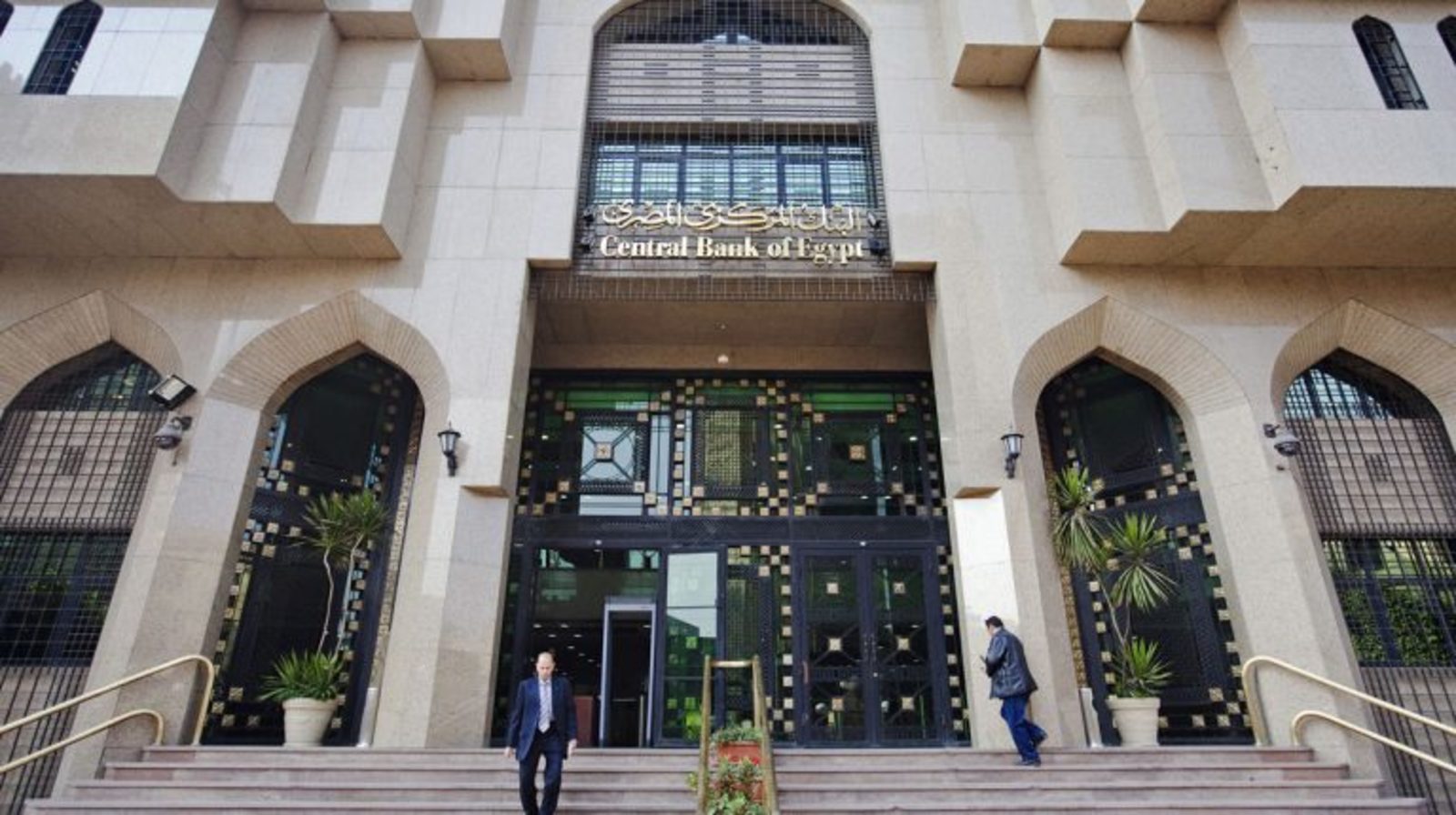CBE to hike rates in September meeting -POLL

The Central Bank of Egypt is likely to raise interest rates when it meets on Thursday in a bid to tame inflation and support the local currency, according to our regular interest rate poll. Six of seven analysts and economists we surveyed see the Monetary Policy Committee hiking rates for the third time this year, pushing borrowing costs back towards pre-covid levels.
Where do rates stand: The overnight deposit rate is at 11.25% and the lending rate 12.25%, while the main operation and disc. rates are at 11.75%. The CBE has hiked rates by 300 bps since March in a bid to control rising inflation and bring foreign investors back into the local market, but has left them unchanged in the past two meetings in June and August.
Weaker EGP + inflationary pressures to force the central bank’s hand: “Given that the Federal Reserve is also planning a large rate hike in September, the CBE should have little choice but to raise its rate at its next meeting to tame both inflation and external growing risks,” economist Mona Bedeir said. She expects the MPC to raise rates by 100 bps, but tells us that “we wouldn’t be surprised if it goes higher.” Consumer prices, which grew in August at a rate not seen since November 2018, will continue to accelerate for the remainder of the year, she said.
A pre-emptive move: “In light of what we’re seeing [in terms of] a gradual devaluation, and officials’ statements on nearing an agreement with the IMF, which we expect would be accompanied by increased inflationary pressures due to a deval at a greater pace, we expect the CBE to raise interest rates by 100-200 bps this week,” Arqaam Capital Associate Director Noaman Khalid told Enterprise. Khalid expects rates to rise by 300 bps and inflation to reach 17-18% by the end of this year.
A gradual devaluation could keep the central bank from opting for a large hike: The gradual weakening of the EGP instead of a sudden devolution in March makes it more likely the central bank will go for a limited 100-bps increase, instead of an aggressive hike, Amr Elalfy, head of research at Prime Holding, told Enterprise. This doesn’t require a hawkish stance on monetary policy due to its negative impact on debt servicing costs and investments generally, he said. Elalfy sees the central bank raising interest rates by 200 bps by the end of the year, including another 100 bps hike in November.
Some think it’ll go bigger: Hany Geneina, a long-time market watcher who is now an adjunct professor of business administration at AUC, sees the MPC raising rates by at least 2%, with a return of 18% certificates of deposit (CDs) to curb inflation — which he expects to jump to 20% towards the end of the year — and dollarization that will accompany a currency float. Banking expert Hany Aboul Fotouh, a veteran of CI Capital, Arab Banking Corporation, and HSBC, predicts a 100-150-bps hike. He also says the central bank will act to prevent dollarization as the currency weakens.
Less is more: Capital Economics believes higher inflation data, which would be triggered by a more flexible exchange rate, would see the CBE resuming its tightening cycle with a 50 bps hike. “Beyond that, we expect a further 100 bps of rate increases by the end of this year, which is more tightening than the consensus currently expects,” Capital Economics MENA Economist, James Swanston wrote in a note.
Not everyone agrees: “Despite the real interest rate remaining in negative territory, we still believe it’s best to keep interest rates unchanged for the coming period,” said Al Ahly Pharos’ Esraa Ahmed. “Inflation rates are not expected to significantly increase in the coming period, especially that most of the shocks caused by external conditions have already been absorbed.”